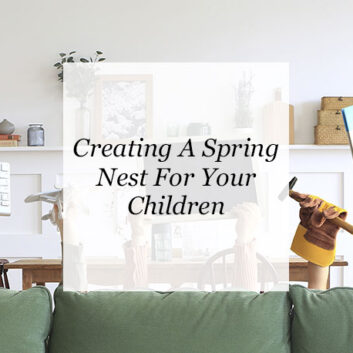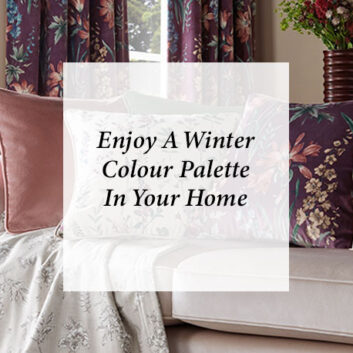
Rome To Rio: Brazilian Interior Design
After exploring the national interior design styles from Italy to the USA, we’re about to arrive at our ultimate destination in Rio de Janeiro. Brazil, a nation of carnivals and rainforests, has an amazingly distinctive and unique approach to interior design that’s fresh and open without compromising on homeliness and comfort. In today’s blog, the final in our Rome to Rio series, we’ll be exploring this amazing country and its approach to home decoration.
Fundamentals of the Brazilian interior design style
Brazil has a distinctive methodology to interior design and it’s simply delightful. In Brazil, there is a real interest in having low profile furniture. Sofas and chairs are shorter, and closer to the ground than you may find in Europe. These pieces tend to be found in wide open spaces that let air circulate to counter the formidable local climate.
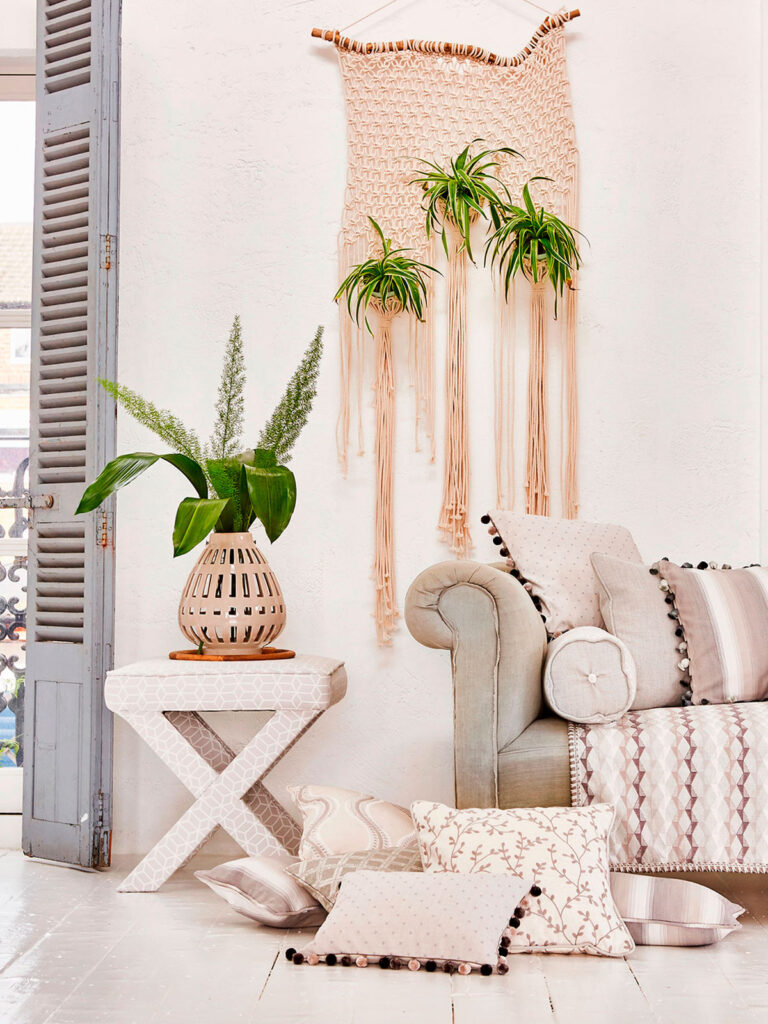
Embracing wood
There is an emphasis on using wood, a lot of wood! From floors to walls, furniture, to blinds and shutters. Throughout a trendy traditional Brazilian home, you can see a range of similarities with Scandi interior design but fuller bodied with curvier shapes. Additionally, there is a shying away from extravagance including carved woods and excessive use of ornaments. Think of it as a comfortable take on minimalist interior design. No frills, but not spartan either.
Decked floors
With spaces being on the larger side, many properties have folding doors that lead from the home to a decked space. While many of the homes in the UK might not require this transition from the outside to the house, you can find Brazilian inspiration using panel blinds as room dividers. This is especially effective if your dual utility space has two types of floors, for example hardwood or tiles in the kitchen, and carpet in the living room half of the space.
Longevity
The final fundamental is that furnishings should look and feel high quality, and long lasting. Sturdy old leather sofas, wooden bookcases and well fitted roller blinds will really capture a Brazilian aesthetic well.
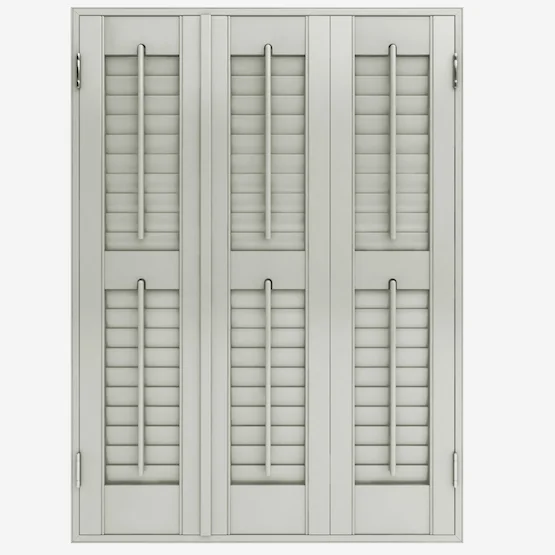
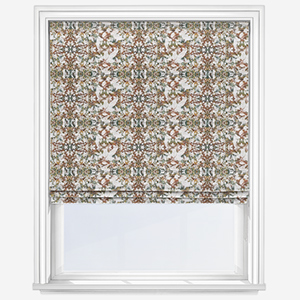
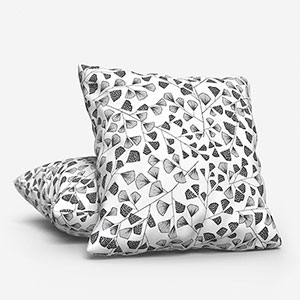
The colours and patterns of Brazilian interior design
While many initial thoughts of Brazil may conjure images of vibrant colour, that’s very much a carnival thing. Interiors across this amazing country tend to be softer, with great use of neutral tones, with carefully considered pops of colours.
Accessories to use to add colour
Many of the most stylish homes in Brazil have their walls left in their natural state, exposing either wood or brickwork. If painted, walls tend to be in shades of white with pictures mounted upon them. These pictures, and other accessories including lamp shades and cushions are often the vehicles for adding colour.
Small but loud patterns
It is important to add that you don’t have to strictly stick to plain colours, but if you go for patterns, make it small yet loud. Throws for sofas and other items at the centre of the space can be colourful but try – wherever possible – to have the outer sections of a room more minimalist.
Window dressings
Window dressings tend to be more reserved, be they natural-coloured wooden blinds and shutters, or more airy, floaty alternatives such as Illusion blinds or roller blinds in a delicate neutral tone.
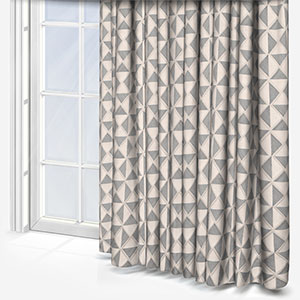
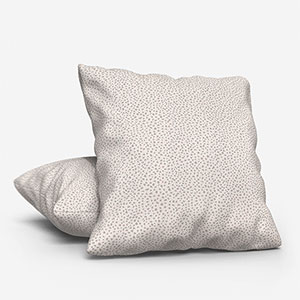
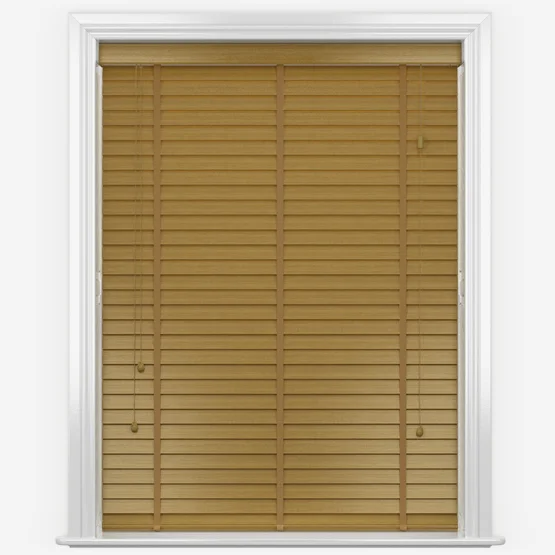
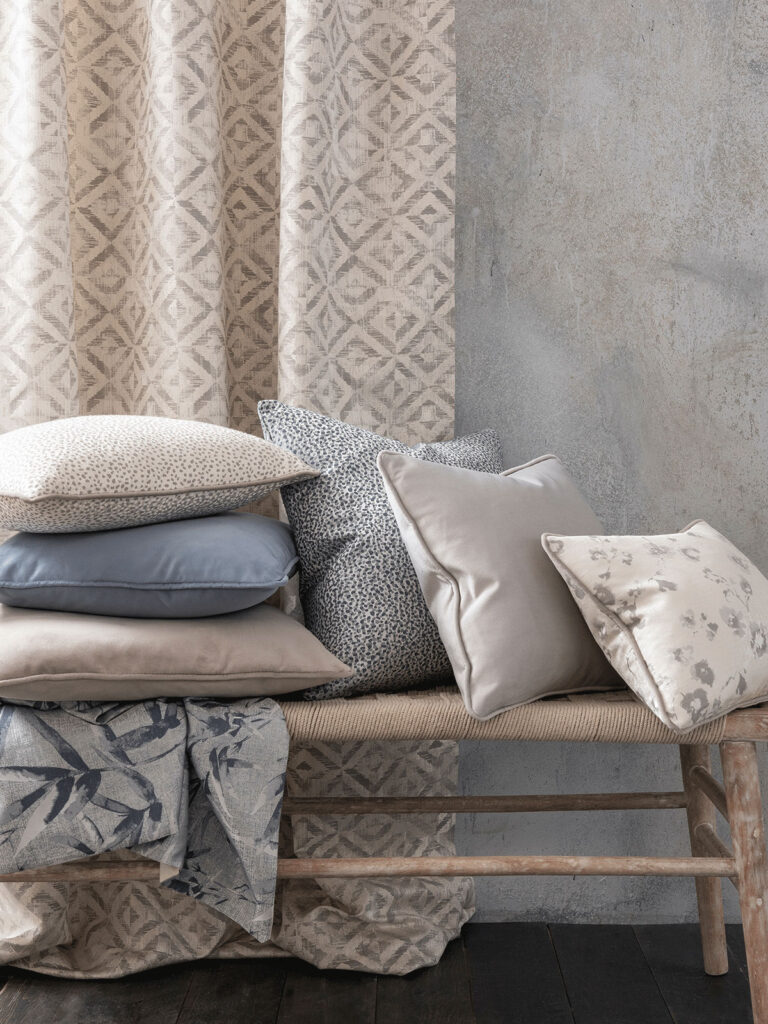
A touch of Brazil at home
Beyond the interior design of fashionable Brazilian homes, it’s important to remember that this country acts as the lungs of the world. Almost 60% of Brazil is covered in rainforest with one third of the Earth’s rainforest growing there.
Animal pattern
Beyond pumping oxygen around the planet, this amazingly complex environment is home to some of nature’s more incredible animals. While for practical and ethical reasons you can’t have many of these creatures in your home, you can use patterned materials to celebrate them.
On the Blinds Direct website, we have a great selection of jungle themed prints and moreover, we have some rather amazing animal prints to consider too.
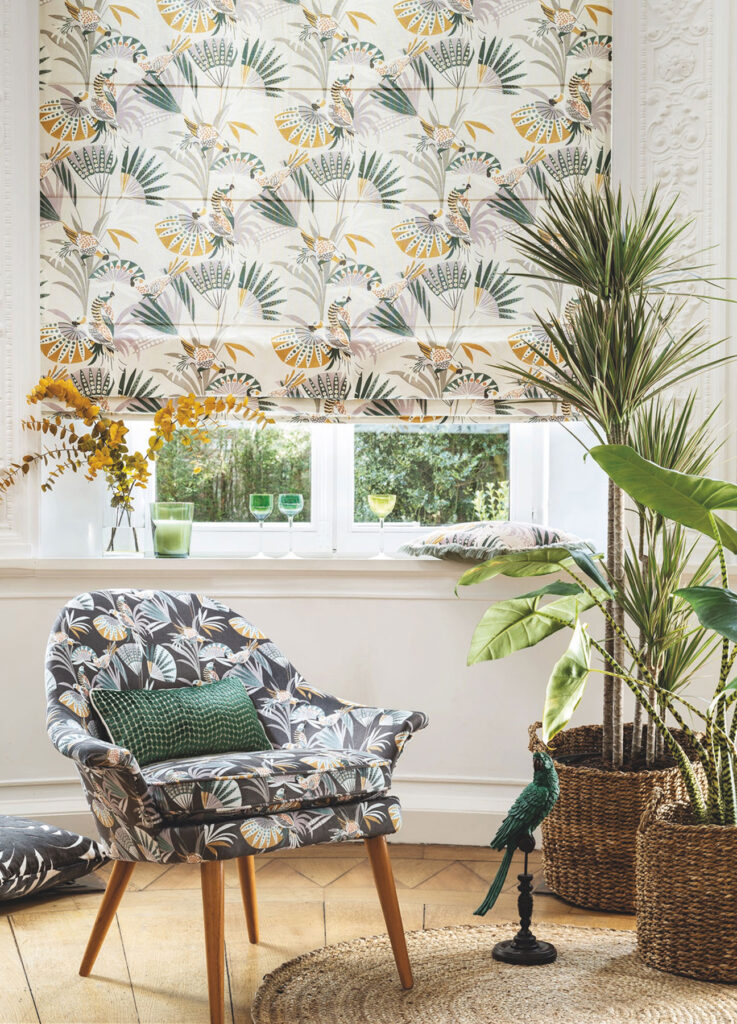
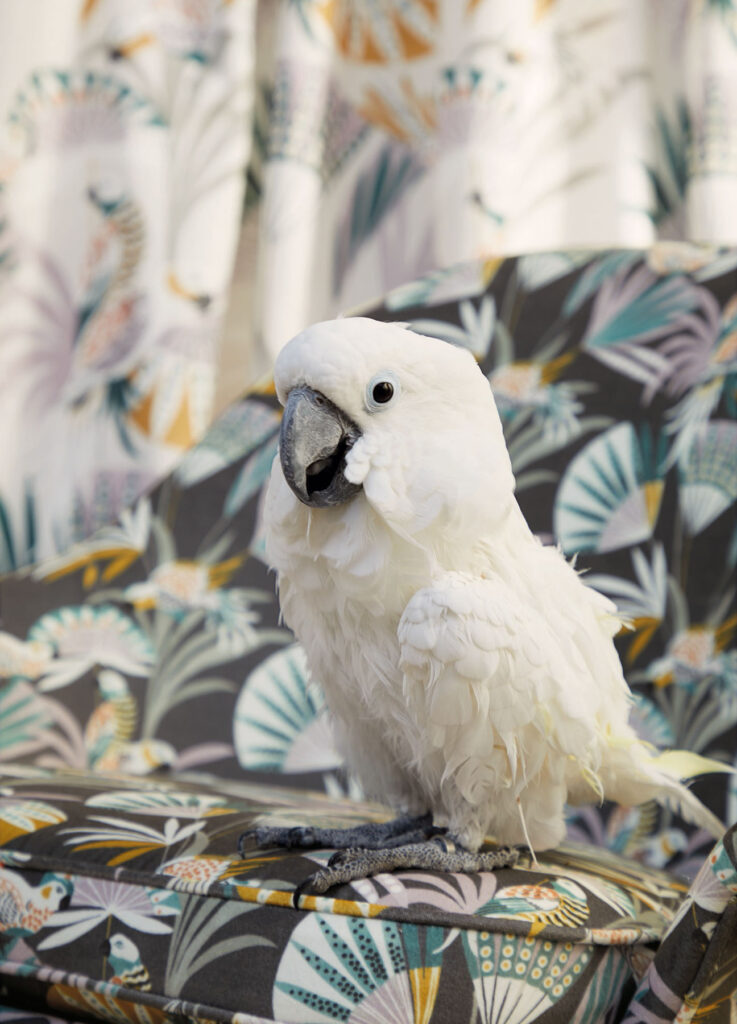
Sustainable products
Finally, to protect this amazing environment, all the wood we use to craft our wooden blinds and shutters comes only from responsibly managed forests. There is also a range of eco-friendly fabrics made from recycled materials which also help us to protect the planet. Learn more about sustainability in interior design in our Sustainable Design: How To Make Your Home Eco-Friendly blog.
While our Rome to Rio series may have come to an end, we’ll be picking up in the new year with a second series where we’ll start in the land of the rising sun. In January 2022, we’ll be investigating Japanese interior styles and how you can bring them in your home, wherever it may be.


